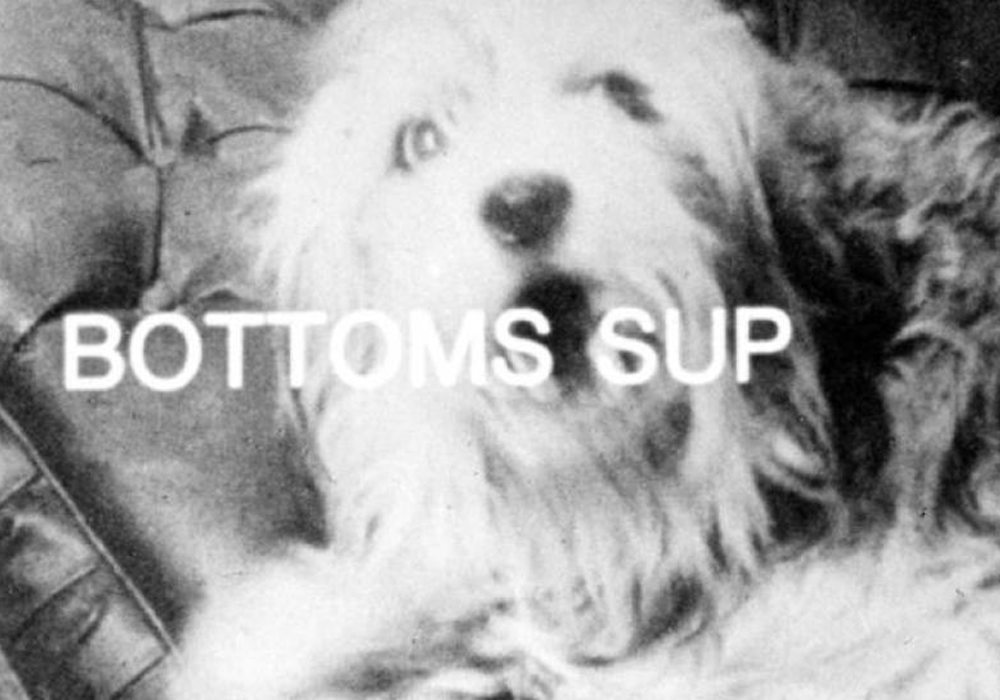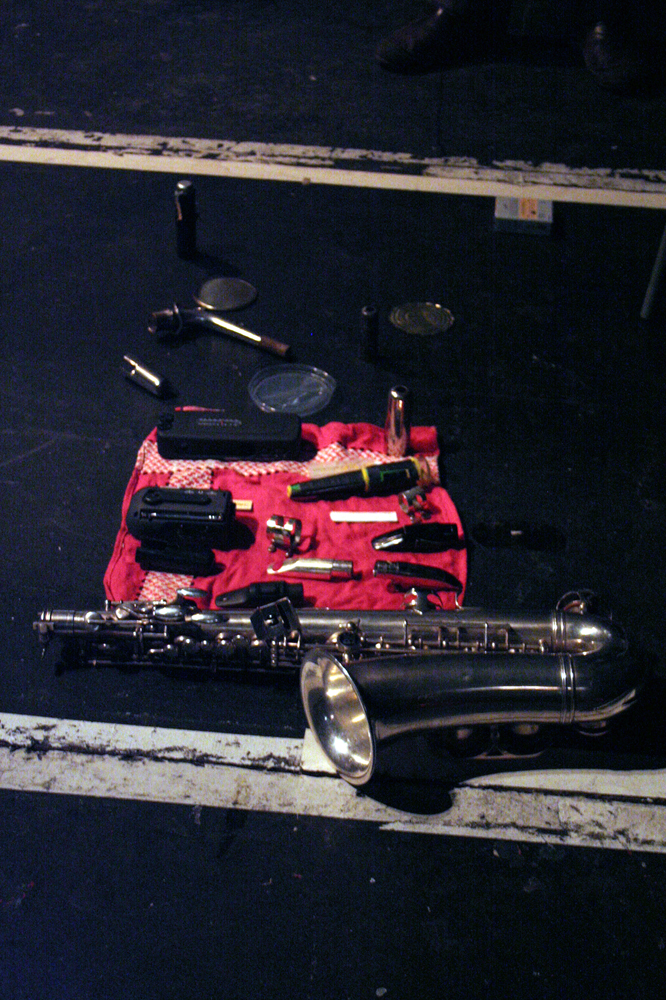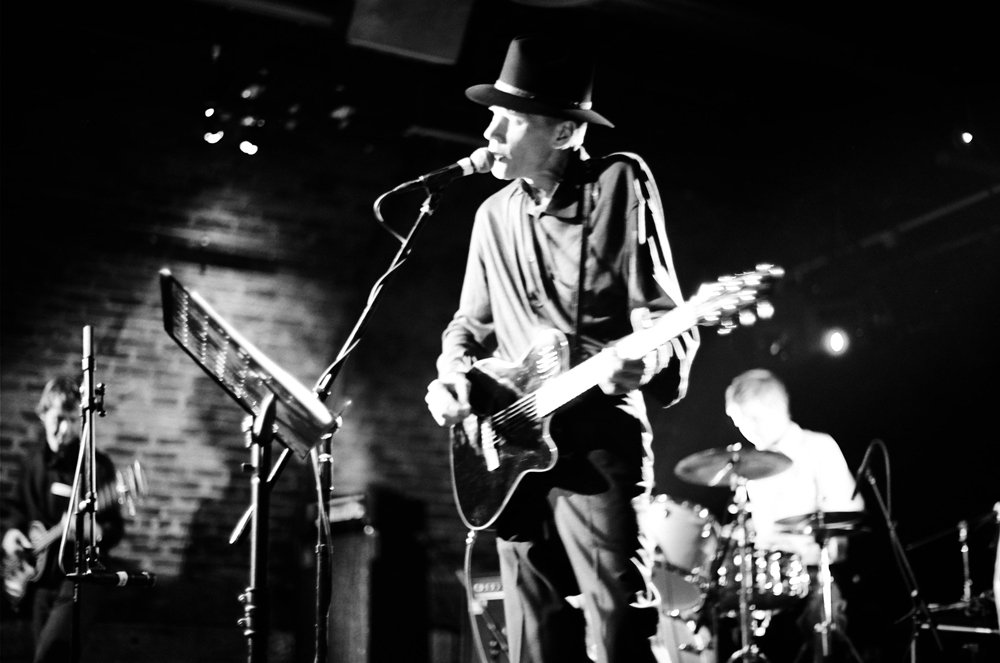
Dispatches from the Intersection of Hurting & Joy
Camisha L. Jones
Writing that shows us that, even in struggle, there is light to be let in.
Arika have been creating events since 2001. The Archive is space to share the documentation of our work, over 600 events from the past 20 years. Browse the archive by event, artists and collections, explore using theme pairs, or use the index for a comprehensive overview.

Writing that shows us that, even in struggle, there is light to be let in.

Bleu Shut reveals, and allows us to enjoy, our gullibility within the pervasive absurdity of modern life.

ACCESS: SOUND FILE A day-long salon accompanying KYTN focusing on sound art.

A simple, gracefully bold set-up to allow Loïc to trace connections: of comments upon comments upon comments, of sounds next to sounds next to sounds.

Adamantly analogue, inspiring and frequently chaotic in performance, Metamkine draw no distinction between image and sound; during their intuitively improvised performances music and images are created simultaneously and equitably.

Taking a scalpel to the relationship between performer and audience: cutting something out to see what’s left, a drastic subtraction and shift of emphasis.

A silent collage of found film footage partially layered with computer graphics to provide a framework in which live music can develop.

Looking at and listening to different ideas about sound and music, INSTAL 09’s collection of artists included Tetsuo Kogawa, vocalist Joan La Barbara, Phil Minton (and his Century FC feral choir), Austrian Actionist Hermann Nitsch, Steve McCaffery and many more.

A saxophone. Handheld fans. Shrill squeaks. Splutters, gargling. An incredible diversity of sounds, intensely focused by an inventive musician.

In many ways, this Episode is our attempt to engage with Fred’s incredible writing: with his proposal that all black performance (culture, politics, sexuality, identity, and blackness itself) is improvisation.

Investigate film as language, via the language of film reduced to the basic units of film and language. A film as text in which each frame is a single word.

Jandek’s first ever live performance. Unannounced, the performance was a total surprise for everybody at the festival.